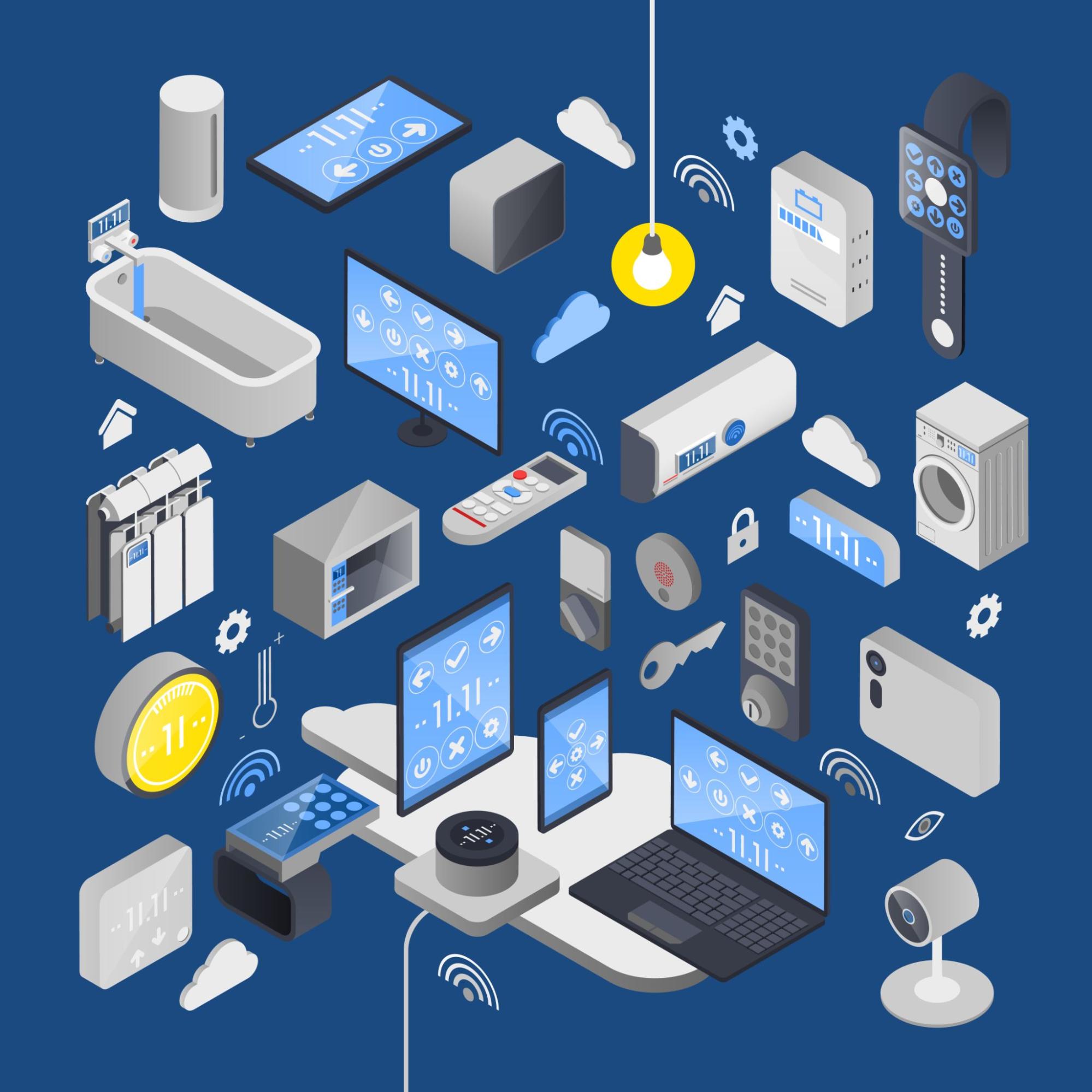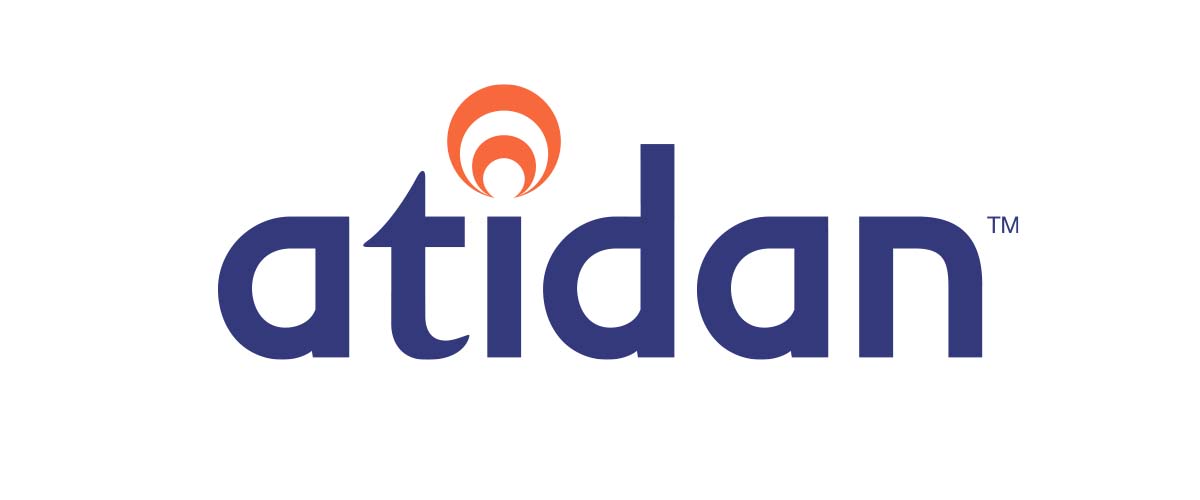
Data Science in Biotechnology: All You Need to Know
December 31, 2021
How Big Data and Analytics Can Transform Your Business
January 3, 2022
In-Depth Guide to IoT in Healthcare: The Next Big Thing

IoT, or the Internet of Things, has found its way into healthcare systems worldwide. It isn't exactly new anymore, but it's still an exciting time to get involved with the IoT in the Healthcare industry. Businesses are constantly investing more and more money into their IoT research programs to serve their clients better. The Internet of Things (IoT) is undeniably changing the healthcare industry by rethinking the role of technology and the connection between a doctor and a patient. IoT devices enable remote monitoring a reality. Such devices have also made it possible to monitor your health and vital statistics continuously. Here’s a complete guide to the IoT revolution in the healthcare industry.
What is IoT?

Internet of Things is a network in which a variety of devices can share data. This includes everything from home appliances to industrial robotics. IoT is essentially a global network of interconnected devices capable of communicating over the said network without calling for Human intervention. IoT is often one of the major driving forces for Industry 4.0, often called the fourth industrial revolution. IoT devices are embedded systems with sensors capable of recording data and sharing it with other devices over a shared network. Different types of connections are used to form networks depending on the use case. It depends on the amount of data that needs to be shared with other devices within the network and the speed and latency of transfers over the network. The number of active IoT devices is increasing swiftly, with a projected 30.9 billion operational units in 2025, up from 13.8 billion units in 2021. IoT is an industry that is expected to produce a ton of value, with a particular emphasis on value creation in the healthcare space. For instance, products like Kardia from Alivecor are changing the way we interface with medical devices. Alivecor became the first company to obtain FDA approval for a medical-device accessory to the apple watch.
Benefits of IoT in Healthcare

The massive uptick in IoT-based solutions in the healthcare industry opens up many new value creation opportunities. In the future, IoT devices will monitor a person's health and provide assistance to keep them healthy. For example, a sensor implanted in a person's brain could detect a seizure and send a signal to a nearby machine to administer a dose of medication. Some potential benefits of IoT in healthcare are:
- IoT-based healthcare devices can facilitate continuous Remote Monitoring of patients and collection of health data like heart rate, body temperature, and blood pressure without the need to be present at a healthcare facility.
- Improvement in Medical Data Records can go a long way in establishing transparency and improving the ease of admission. Your entire medical history can be stored in a central database identifiable with the help of your social security number.
- With continuous tracking and alerts through a simple smartphone app, prevention can be made the norm with you finding out how your body is being affected by particular day-to-day actions and fixing them before they affect you any further.
- Medical research can benefit from the data gathered from studies that employ IoT devices to take measurements. Data analytics can help gather insights in a way that doctors just cannot.
Applications Of IoT in Healthcare

The wide range of applications IoT devices can have in healthcare paves the way for an exciting future. IoT-based healthcare devices can communicate with each other over the distributed network and take decisions that could potentially save someone’s life. Moreover, the devices can then send all the user data to the cloud, where algorithms can help draw amazing insights from the data that might lead to strides in the research space for that particular disease. Here are some applications of IoT in the healthcare industry:
- Wearables: Wearable devices for patients are tools designed to help individuals deal with health-related needs in their daily lives. Patients may benefit from wearable devices in a variety of ways. For example, they can reduce hospital readmissions, improve patient compliance, monitor vital statistics continuously, and facilitate communication between healthcare providers and patients.
- Intelligent Insulin Delivery: Smart insulin delivery is a boon for people with diabetes. The entire system comprises a pre-programmed insulin pump, an infusion set, and a continuous glucose monitor. The sensors can detect the insulin levels in the body and quickly communicate with the insulin pump to ensure that insulin in the appropriate quantities is injected into the bloodstream.
- Ingestible Sensors: Ingestible sensors are pill-sized devices capable of being swallowed orally and reporting any discrepancies they observe.
- Patient-tailored Treatment: Also known as precision medicine, this can turn out to be a game-changer. Insights drawn from the data gathered by IoT devices can define the kind and dosage of medicine your body needs when it comes to healthcare there.
- Moodables: Moodables are devices capable of detecting brain waves, interpreting them, and transmitting low-intensity currents back to the brain to alleviate stress and prevent mood swings.
Challenges of IoT in Healthcare

IoT is transforming the way hospitals operate in the healthcare field by connecting patients to their doctors and nurses in a whole new way. The International Federation of Health Plans found that as many as 56% of all patient-doctor interactions now occur remotely. In addition, as many as 30% of these interactions come from mobile devices, and this number is expected to increase exponentially in the coming years. Smart devices and sensors are everywhere, and their data flows through the networks and feeds into analytics. The main challenges surrounding IoT in healthcare are:
- Reliable Connectivity: When your life is on the line, network failure isn’t a viable option. Maintaining connectivity irrespective of geography and meteorological conditions is imperative to the success of IoT-based healthcare devices.
- Cybersecurity: It is common knowledge that devices connected to the internet aren’t always secure. Healthcare technologies require a step-up in security protocols given the sensitive nature and patient privacy regulations. They must keep up with the best practices for data management and user privacy to ensure that the confidentiality of users is not being violated.
- Safety Standards: It is essential to establish standards of safety for IoT-based healthcare devices. If a sensor supposed to be ingestible contains a component with even trace amounts of a toxic substance, it can spell a death sentence. Security standards can even make it harder to hack into such devices.
- Cost: Given the nature of IoT devices and the long list of requirements to make them compliant, it is easy to run into cost overruns. It is crucial to keep costs low to make them scalable.
How Atidan Technologies Can Help You Create Healthcare Solutions Powered By IoT

Atidan specializes in helping your business realize its true potential with the help of the latest technologies to make sure that you come out ahead. With decades of experience and a tremendously powerful platform, our goal is to help you realize the full potential of today's cutting-edge technologies. Atidan is proud to have associated with numerous healthcare companies to help with their technological needs in the past. With a presence in over 14 countries, We have software engineers that can help you maximize your technology investments and bring new efficiencies to your business. Our team of developers, architects, and specialists bring a diverse array of technology frameworks and a rock-solid approach to ensure your application works seamlessly. Atidan’s expert consultants will work actively with your business process managers, IT staff, and executive leadership to identify your requirements and help you reach your business goals.
Empowering solutions through cutting-edge technology.
SCHEDULE A CALL
